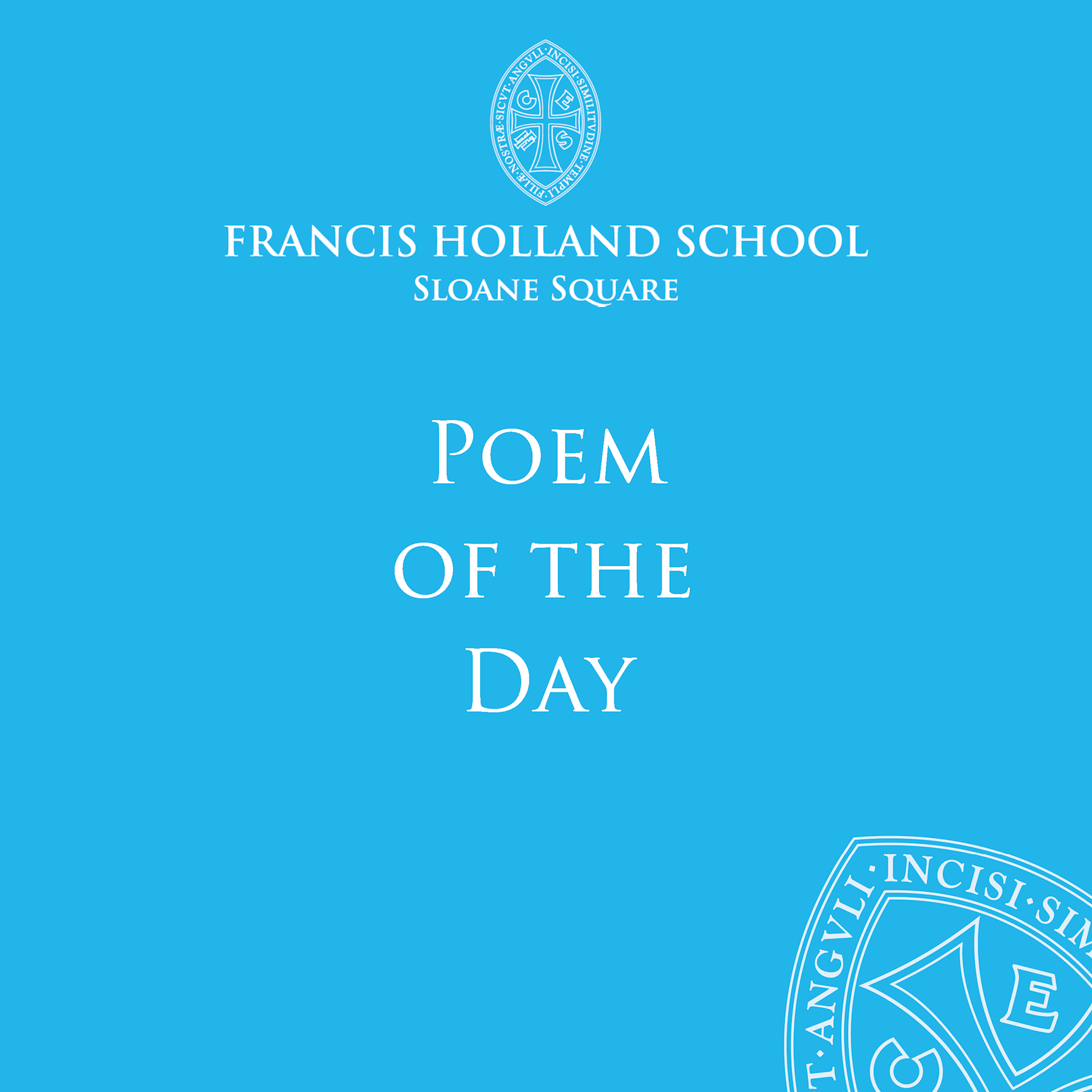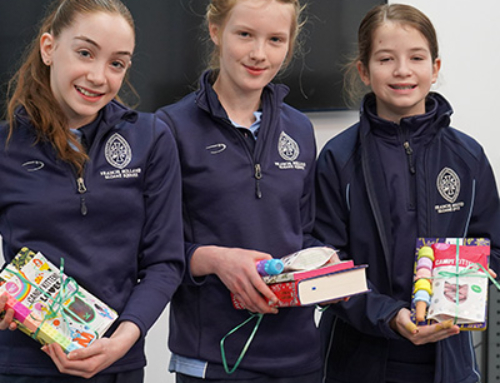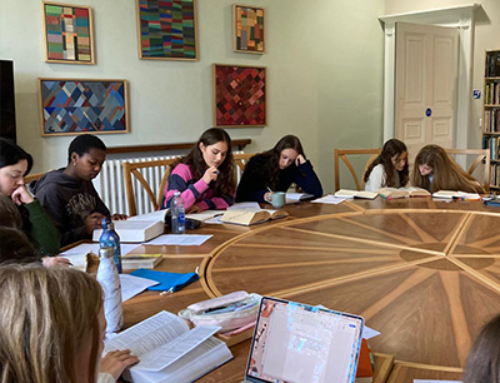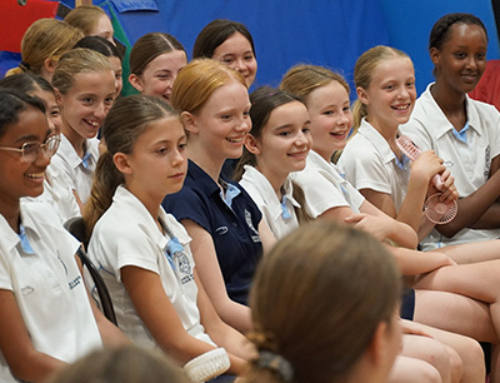Your next FHS Poem of the Day is brought to you by Head of English, Mr Fernandes:
“It is called The Past, and it is by Louise Glück. The poet was born in New York City in 1943, and she grew up on Long Island. She attended Sarah Lawrence College and Columbia University. Glück is often seen as one of the leading lights in contemporary American poetry. Her work is often praised for its technical precision, which means that all students of literature could use it to hunt out those bits of literary terminology that English teachers always ask for – English-y words might be a less formal way of describing them.
Glücks speaker reflects upon the feeling of standing beneath two pine trees, relishing the small light that filters through from the high, feathery heaven. Do we think that this is an effective way of describing the sky? What literary techniques might she be using?
Glück also explores the sounds that her speaker hears, and here she favours a stripped back description, which is a path that many Twentieth and Twenty-First Century writers have taken. The literary techniques used are perhaps not what we might always expect from a traditional poem. The ropes are not given a simile to describe their sound; they are simply making the sound they make. Why might authors that are more recent have abandoned some of the more florid elements of poetry? Have they thought that previous writers have already said everything worth saying? Robert Burns has already compared love to a red, red rose, so why should later authors do the same? Does Glück in fact help us to recall the actual sound that a rope makes, instead of an invented comparison?
What other particularly Twentieth and Twenty-First Century elements can we spot? There is one simile in the poem, and it creates a novel inversion of the traditional use of imagery. Things are not compared to the natural world, love is not compared to a rose, but the natural world, the wind blowing through the trees, is compared to a human-made thing, it is like the sound of the wind in a movie. Does the speaker point to the fact that films now influence many of our experiences? Are some of our images of life coloured by versions of life shown to us on screen? Do we picture life events as similar to those in films? Did we, or will we, ever throw up our caps at graduation, for example? Do we think that films accurately portray the world as we know it?
Does Glück leave us with even more questions than one of my FHS Poem of the Day emails? Her speaker ends with wondering whether she hears just the wind, or perhaps something more. Does she also hear the voice of her mother? Is this a message from The Past of the title? What is wrong with questions?”
The Past
Small light in the sky appearing
suddenly between
two pine boughs, their fine needles
now etched onto the radiant surface
and above this
high, feathery heaven
Smell the air. That is the smell of the white pine,
most intense when the wind blows through it
and the sound it makes equally strange,
like the sound of the wind in a movie
Shadows moving. The ropes
making the sound they make. What you hear now
will be the sound of the nightingale, Chordata,
the male bird courting the female
The ropes shift. The hammock
sways in the wind, tied
firmly between two pine trees.
Smell the air. That is the smell of the white pine.
It is my mothers voice you hear
or is it only the sound the trees make
when the air passes through them
because what sound would it make,
passing through nothing?
By Louise Glück














